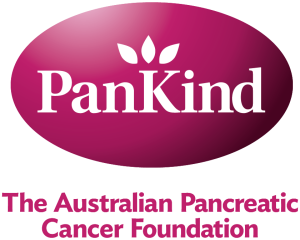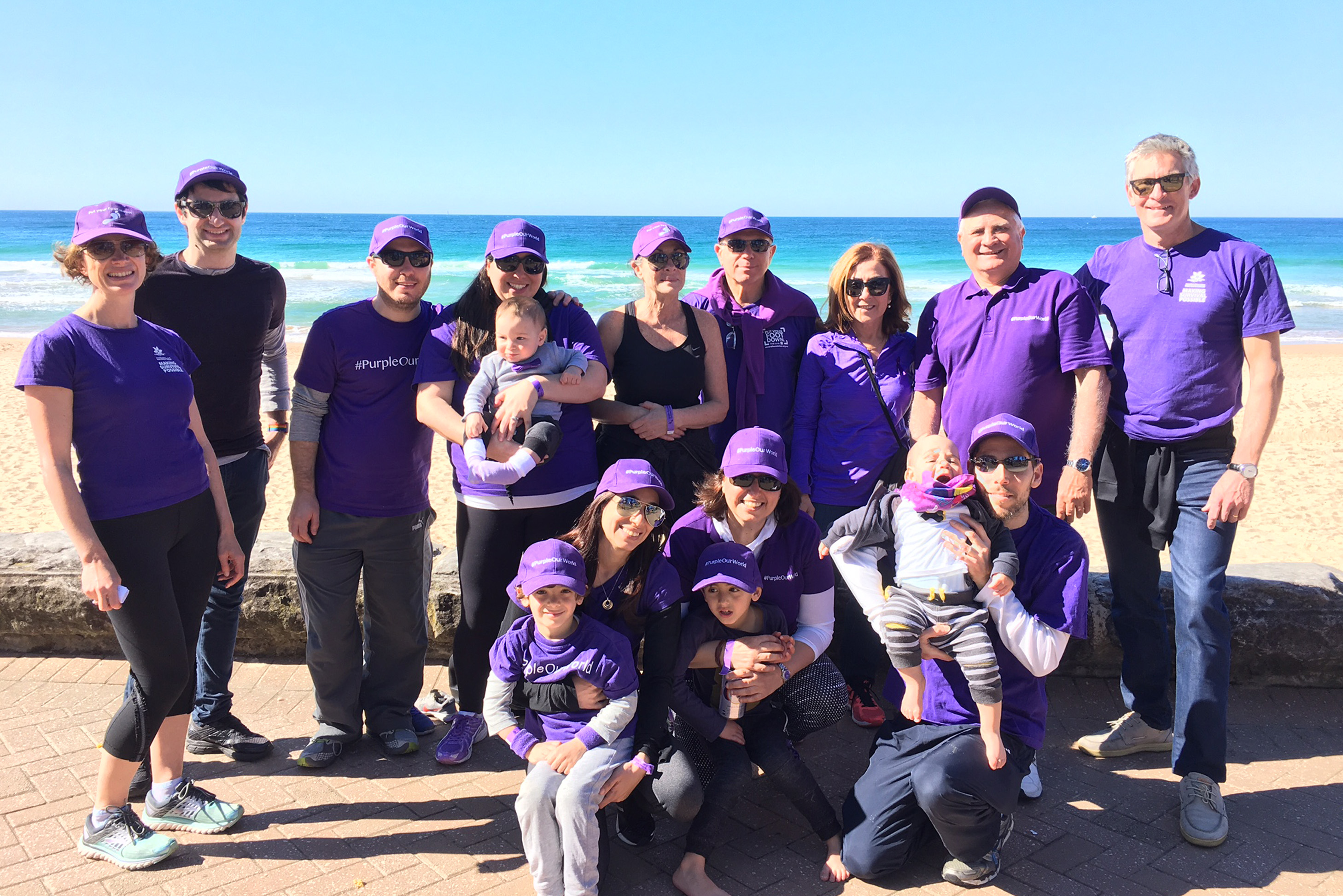Research Strategy

A national approach
We believe the fastest way to improve survival for people with pancreatic cancer is to tackle the problem with a national and international approach.
We identify strategic research and fund competitive research grants in line with our four priority areas. We fund research across the entire research pathway to build Australian capacity, fast-track discovery and accelerate treatments to patients, with the aim of improving patient outcomes.
Our Scientific Advisory Panel is made up of nationally and internationally renowned scientists and clinicians who assess our research investments before, and over the course of the projects.
Our four priority areas for research funding include:
1. New treatments
Identifying novel therapeutics including the repurposing of existing medicines and immunotherapy.
Program rationale and objectives
Treatment for patients, especially with advanced disease, is limited and often ineffective. New approaches to treatment are required, including new treatments and the use of combination strategies.
Outcomes from investment
New approaches to treatment for pancreatic cancer, including immunotherapeutic approaches, may lead to the success seen in other cancers. Investment in clinical trials for pancreatic cancer would allow Australian’s to have access to potentially effective medicines before they become otherwise available.
2. Early detection
Identification of new biomarkers and technologies for prevention, early intervention and early detection.
Program rationale and objectives
Early detection could improve survival significantly. Identifying biomarkers for pancreatic cancer would allow earlier, less invasive diagnosis, leading to better survival rates.
Outcomes from investment
Improvements in early detection will be a breakthrough in pancreatic cancer survival. Patients diagnosed in time for surgery have 5-year survival rates approaching 30%.
3. Optimising current treatment
Unravelling pancreatic cancer’s resistance to conventional chemotherapy and radiotherapy.
Program rationale and objectives
There is an urgent need to learn more about pancreatic cancers innate resistance to conventional therapies. The most promising treatment regimens need to be tested through a national program of clinical trials. Supporting clinicians to create national guidelines of best practice.
Outcomes from investment
A systematic, national program of clinical trials of conventional chemotherapy and radiotherapy would be world leading, resulting in a more personalised approach with patients receiving correct therapies and avoiding toxic, futile treatments.
4. Understand the microenvironment
Understanding the pancreatic cancer microenvironment.
Program rationale and objectives
In the pancreatic micro-environment or “stroma”, tumours are protected from the body’s natural defences by a dense, collagenous tissue. A greater understanding of the microenvironment can lead to new strategies to treat pancreatic cancer growth, metastasis and improved drug delivery to the tumour site.
Outcomes from investment
Investment in increasing the understanding of the pancreatic cancer microenvironment would create new druggable targets, improve the ability of cancer treatments to reach the tumour and may alter the ability for the tumour to respond to treatments, including immunotherapy.








